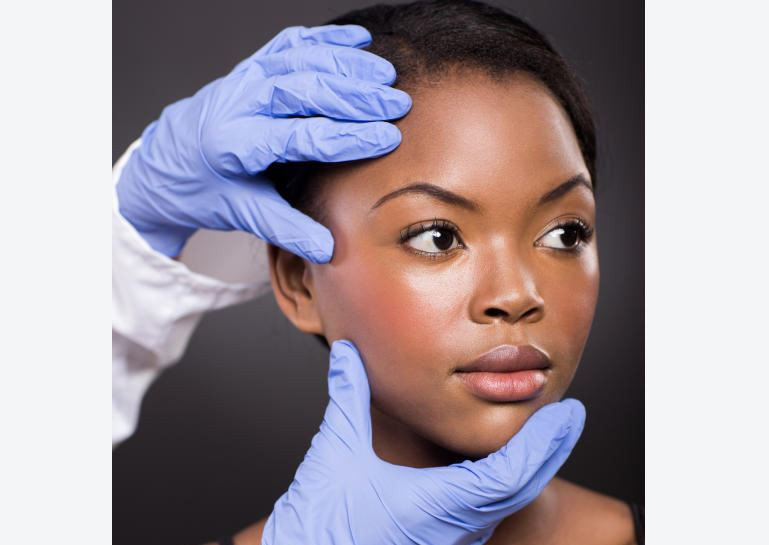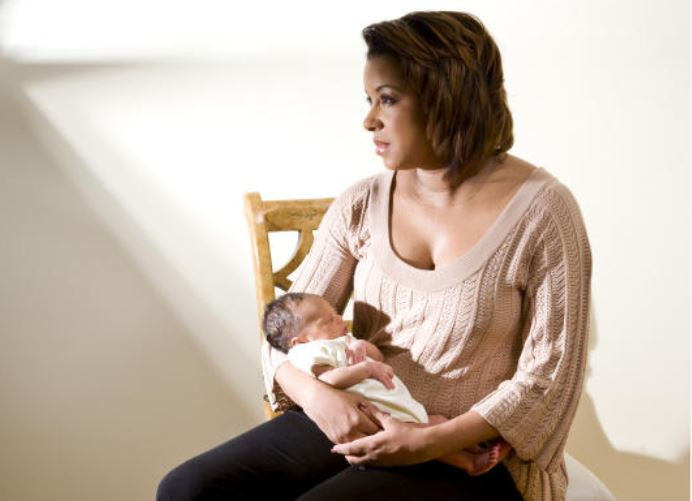
October is breast cancer awareness month, hence it’s a befitting time to revisit the topic. The campaign on raising breast cancer awareness dates back to 1985.
On top of increasing awareness about the disease, the campaign also raises funds for research, preventive initiatives, diagnosis and treatment. Colour pink is associated with breast cancer awareness events, hence you might see lots of pink apparel the whole of October.
But it is important to put breast cancer in context. The majority of women (and men) will never get afflicted with breast cancer.
Being acutely aware of the disease, however, puts you in control of the potential sequel of events should you ever get afflicted. Breast cancer mostly affects women (and only rarely men); hence the rest of this article is directed at women. Women should always have a detailed awareness of their breasts’ consistency, shape and feel.
There are normal variations as the menstrual cycle unfolds and with advancing age. Awareness of your breasts makes it easy to notice any unusual changes that may warrant additional medical evaluation. You need to consult a doctor if you ever notice new or unusual breast lumpiness, regardless of your breast cancer screening status. Skin changes on the breast that warrant consultation include redness, itchiness and dimpling. And if the nipple has an unusual discharge, turns inwards or becomes flatter, a consultation is also indicated.
If any suspicious lumps or tenderness are confirmed, further testing becomes necessary. You may be asked to have a diagnostic mammogram or a breast ultrasound scan. This may be all that is necessary for the majority of women. However, more precise imaging with MRI may be required, especially if initial imaging with other modalities is inconclusive.
Following medical evaluation for suspicious breast changes, the majority of women will not be diagnosed with breast cancer. All they need is reassurance, and further review should any symptoms recur. Should cancer be diagnosed, referral to a specialist centre must be done immediately. Breast cancer treatment centres have teams of specialists, and the resources required to provide treatment, ensuring the highest chances of cure. After completing treatment, ongoing follow-up is required to detect any recurrence.
Get out this October and participate in any nearby breast cancer awareness events. Get to learn as much as you can about the disease. Above all, subject yourself to breast cancer screening as appropriate for your profile.
- Returning to work after maternity leave
- Teach your children good values at an early age
- Keeping your children busy over the holidays
- Safely include your children in the kitchen with these tips
Keep Reading
Dr Alfred Murage is a Consultant Gynecologist and Fertility Specialist.
 The Standard Group Plc is a multi-media organization with investments in media platforms spanning newspaper print
operations, television, radio broadcasting, digital and online services. The Standard Group is recognized as a
leading multi-media house in Kenya with a key influence in matters of national and international interest.
The Standard Group Plc is a multi-media organization with investments in media platforms spanning newspaper print
operations, television, radio broadcasting, digital and online services. The Standard Group is recognized as a
leading multi-media house in Kenya with a key influence in matters of national and international interest.










